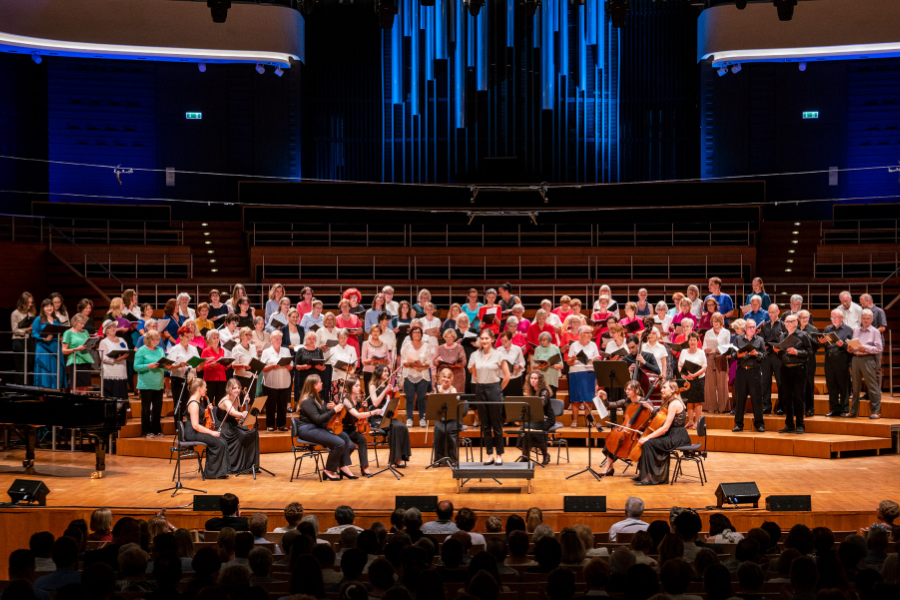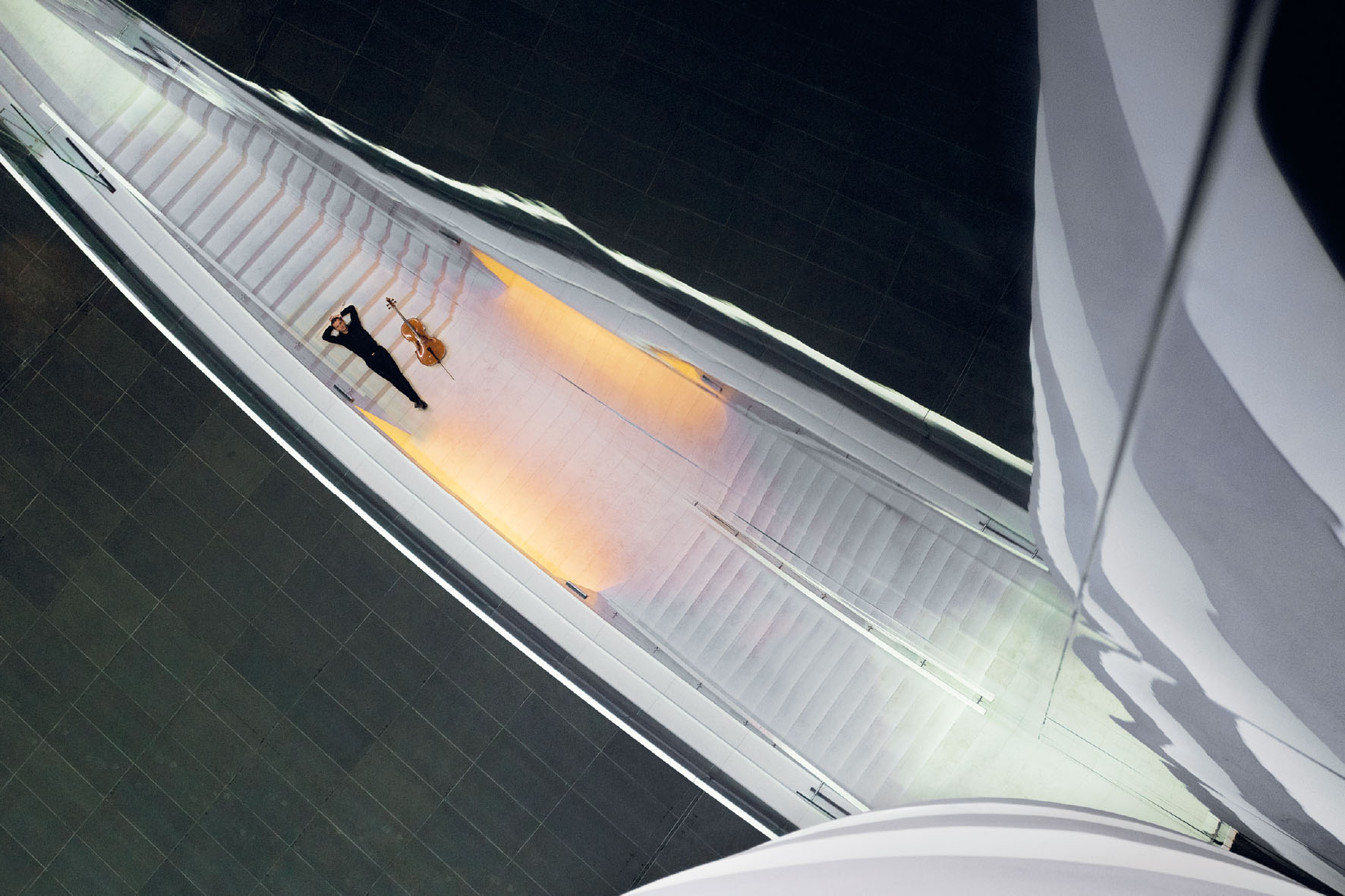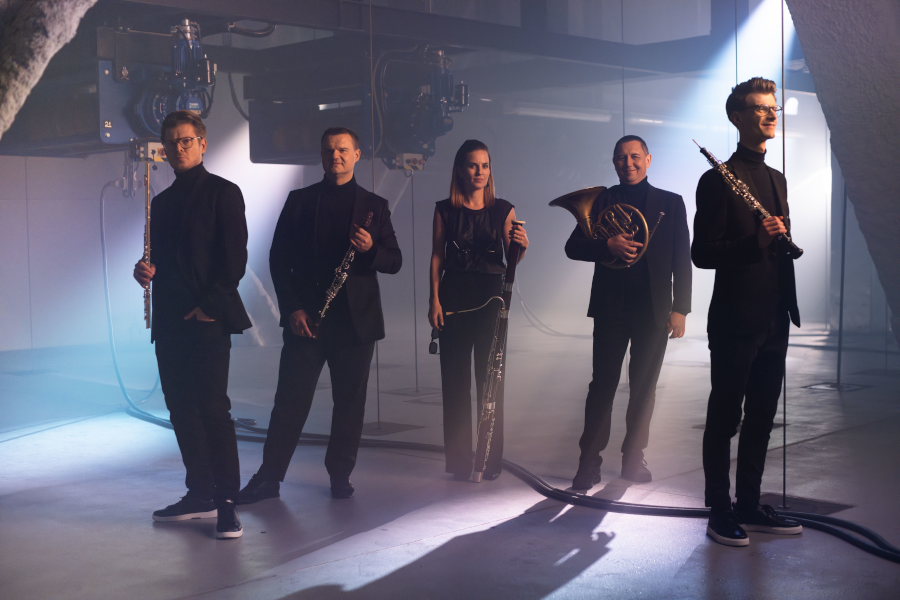Józef Elsner - Chamber Works
Album recorded by Piotr Pawlak, Mikołaj Zgółka, Jane Rogers and Jarosław Thiel on historical instruments, including the Érard piano (Paris, 1858) and the violin of Charles François Gand “ex-Wieniawski” (Paris, 1846). This is a monographic album presenting Józef Elsner’s chamber works.
Album premiere: 24.01.2025
Publishers: Narodowe Forum Muzyki, CD Accord, Vioratoria Mikołaj Zgółka
Performers: Piotr Pawlak, Mikołaj Zgółka, Jane Rogers, Jarosław Thiel
The vast majority of Józef Elsner’s chamber pieces were written during his time in Lviv (1792–1799) or in his first years in Warsaw (1799–1805). They are works by a young composer, clearly and unequivocally rooted in the Viennese style of Mozart’s times despite intriguing references to the ‘Polish style’. (…)
Józef Elsner’s compositions featured on this disc were recorded on historical instruments in the tuning a1=430 Hz. They include an Érard piano from 1858 and a Charles François Gand violin from 1846 awarded to Henryk Wieniawski for graduating from the Paris Conservatoire with outstanding achievements. The Parisian context, symbolically indicated by these instruments, is strongly associated with the end of Elsner’s peak period as a composer of chamber music, just as Vienna was associated with its beginning. The composer travelled to the French capital in 1805. There he established close contacts with Jean-François Le Sueur, wrote the (never to be staged) French opera Chimère et réalité and arranged for a concert performance of his piano and chamber works, as well as publishing the Piano Quartet discussed above. Apparently, Le Sueur strongly encouraged Elsner to settle in Paris, and two years later Ferdinando Paer, while visiting Warsaw with Napoleon’s court, proposed that he join the imperial orchestra. (…)
The repertoire recorded on this album allows us to see different sides of Józef Elsner. Two pieces show him as a student of Viennese chamber music from Mozart’s time, the polonaise diptych sums up more than two decades of work as the father of the ‘Polish style’, and at the end he reveals himself to us as the composer of the enigmatic Chaconne. Let us add that most of these works remind us of Elsner’s proficiency on the violin – the instrument that was undoubtedly closest to his heart. Certainly difficult to discern here, meanwhile, are the beginnings of Romanticism, which was already emerging in the works of German composers and even students of Elsner himself. Yet that is not due to this particular choice of repertoire. Indeed, a search for the Romantic in Elsner often leads to misunderstandings that are painful and unfair to the composer. He shows himself to best effect in his true role, as a talented epigone of Classicism and codifier of the pre-Chopin polonaise.
Jakub Chachulski












